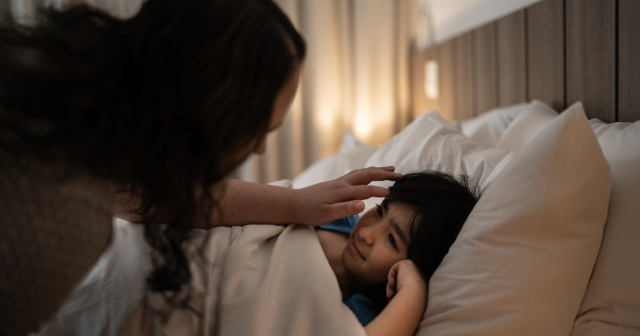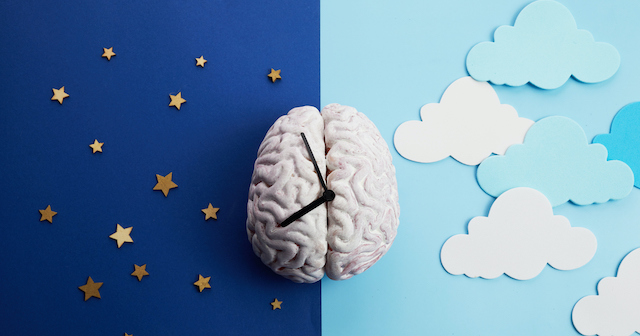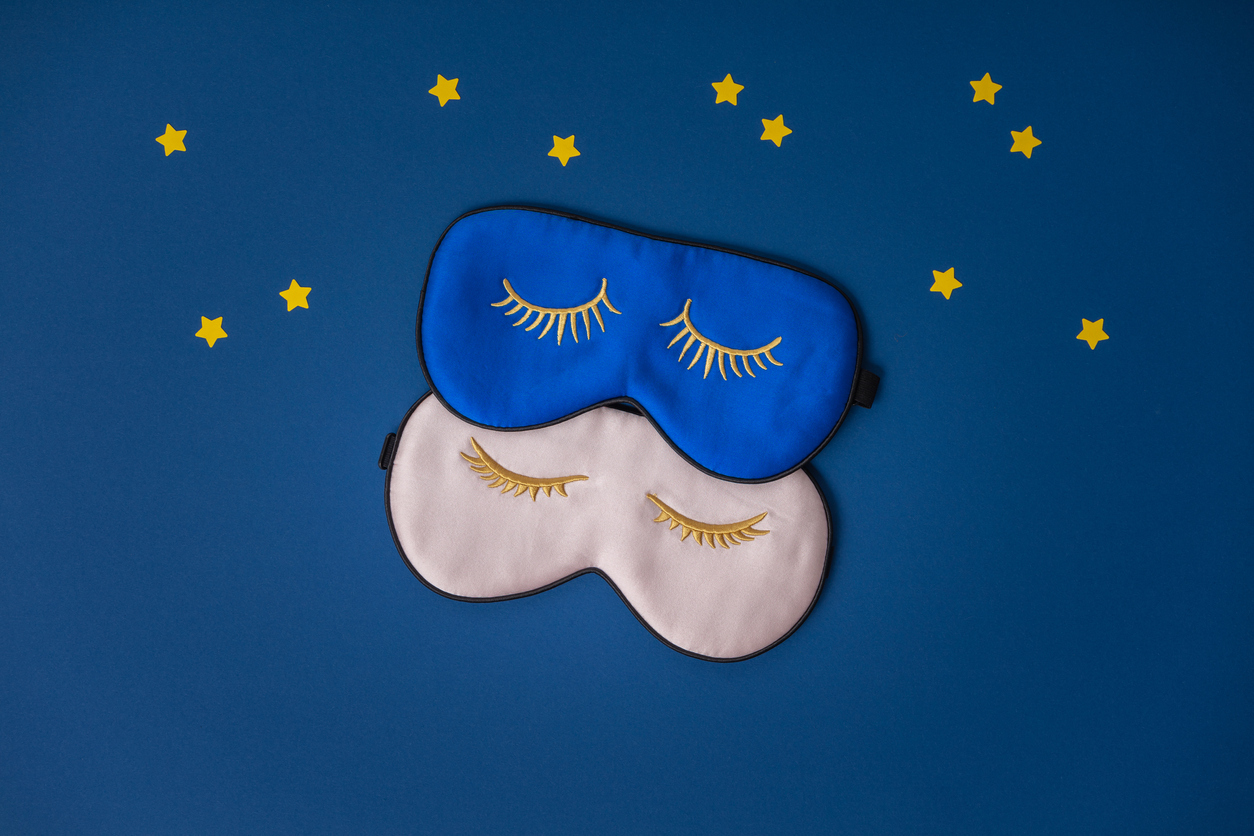Smartphones and mobile devices form a big part of daily life. Many of us use them from first thing in the morning through to last thing at night.
According to The National Sleep Foundation, 71% of people sleep with a smartphone in their hand, bed or on their bedside table. Doing so may help you feel connected with the world, but that feeling of connectedness comes at a price - your sleep.
Why do smartphones cause sleep problems?
There are 3 key reasons why looking at screen devices like laptops, smartphones and tablets at or around bedtime can ruin your sleep.
1. Smartphones make your brain think it’s daytime
Electronic screens emit blue light, a type of light that’s naturally produced by the sun. Blue light tells your brain it’s daytime, which suppresses the production of a relaxing hormone (melatonin) that’s naturally released by the body at bedtime. While this is fine during the day, looking at your phone at night tricks your brain into thinking it’s daytime, making it harder for you to switch off and fall asleep.
2. Smartphones stimulate your brain when it should be relaxing
If you use your phone or laptop to perform tasks and interact with others, looking at your phone before bed can leave you feeling stressed or energised instead of relaxed. It’s hard to fall asleep and stay asleep when your mind is racing.
3. Smartphones distract you
Keeping your smartphone in your bedroom can be distracting, even if it’s sitting on your bedside table. Beeps, flashing lights and vibrations from texts and notifications can all prevent you from falling asleep. And if they wake you up in the middle of the night, you may struggle to return to sleep.
So how can you break the cycle of disturbed sleep that electronic devices create?
How to stop your smartphone from spoiling your sleep
Preparing your body for rest is key for good sleep. You can do this by:
- turning off electronic devices an hour before you go to bed
- installing blue light neutralising software onto your electronic devices
- switching your phone to night mode
Eyeglasses that claim to filter blue light are also available, but it’s not clear how effective these are at limiting exposure to blue light.




